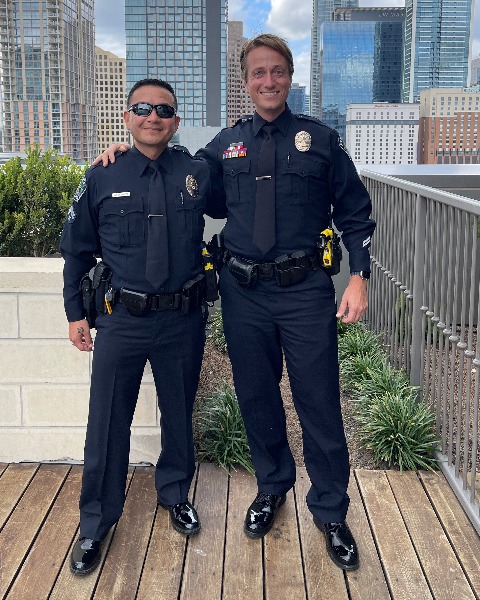Workshop
Sheraton Conference Center - 2nd Floor
Interrogating the Past: Interviewing Suspects in Delayed Child Sexual Abuse Outcries (Part 1) REPEAT
Thursday, August 10, 2023
8:30 AM - 9:45 AM CST
Room: Lone Star C1/C2
CE: 1.25
150 minutes (Part 1 & 2)
Basic
Law Enforcement
Basic
Law Enforcement
.jpeg.jpg)
Darrel Lambert
Detective
Austin Police Department
Valentin De Los Santos
Detective
Austin Police Department
Primary Presenter(s)
Co-Presenter(s)
Child abuse investigators have a uniquely difficult task when interviewing suspects in delayed child sexual abuse outcry cases. There is rarely hard evidence, the timelines are usually vague, and most suspects do not agree that a crime even happened. Traditional interview strategies only focus inside the room, but the preparation for these delayed outcry suspect interviews should start long before you get in the interview room. This presentation encourages a more thorough approach to the suspect interview in four parts: Understanding how child abuse suspects think; Learning as much as possible about the suspect from the supportive parent interview; Adopting a science-based approach to interviewing the suspect; Conducting the interview and interrogation itself.
Learning Objectives:
- Be able to identify aspects of how child abuse suspects think and use that knowledge to improve your interviews with them
- Learn to get more information about the suspect and victim from the interview with the supportive parent
- Learn to interview and interrogate suspects in delayed outcry cases taking into account the unique challenges caused by the delay and the abuser mindset
